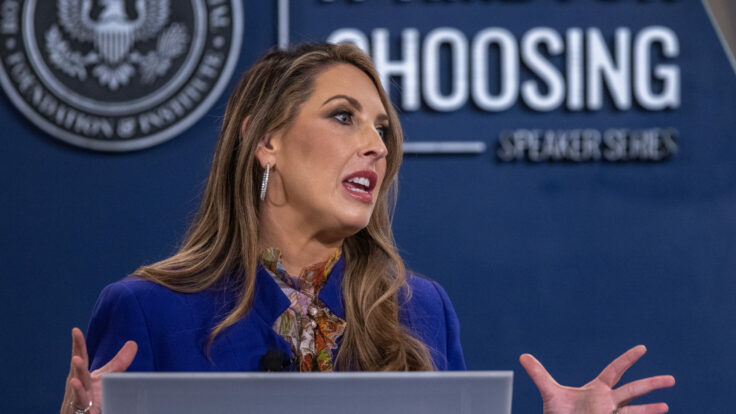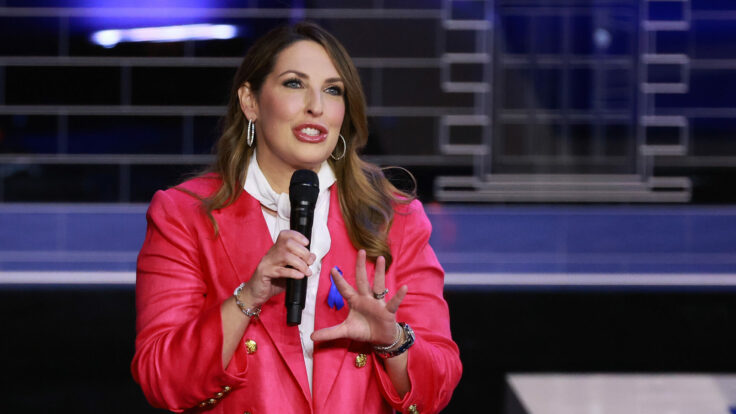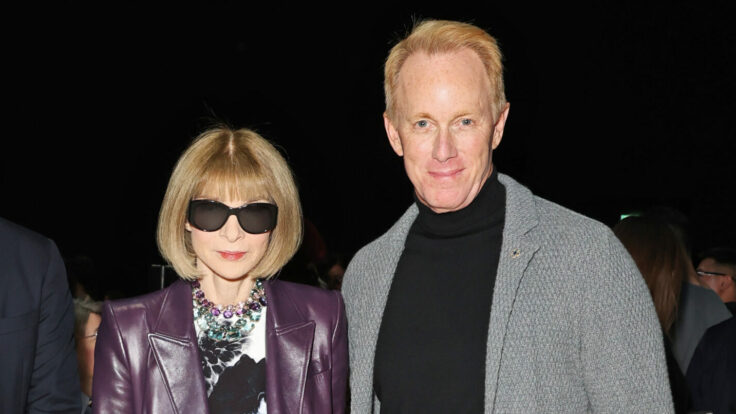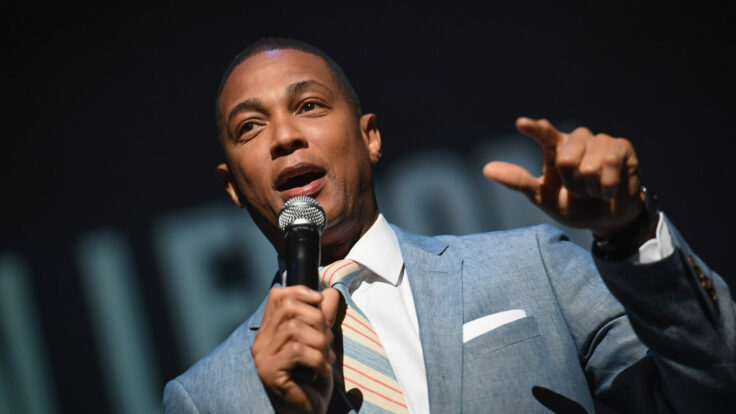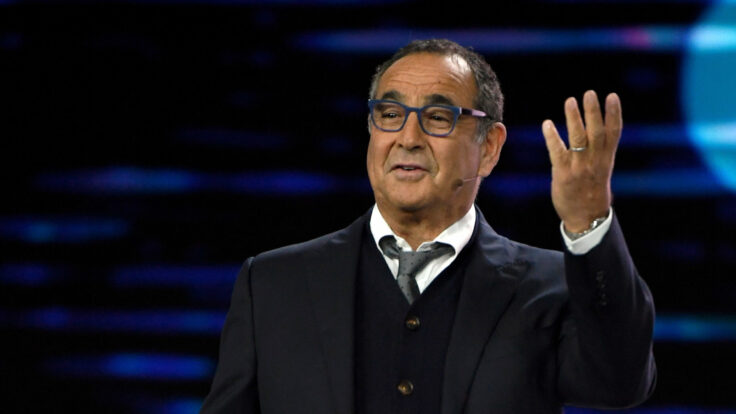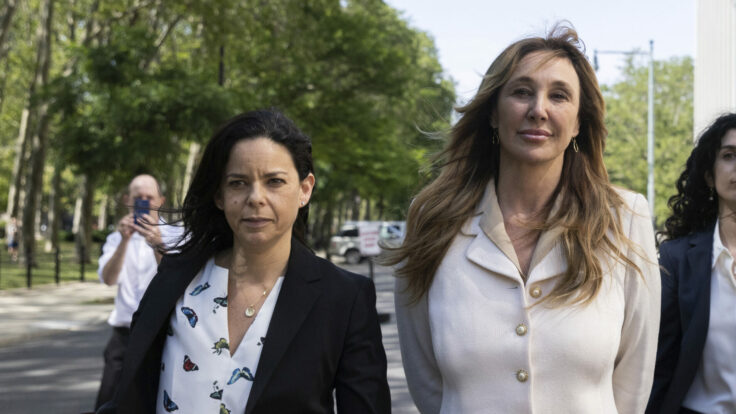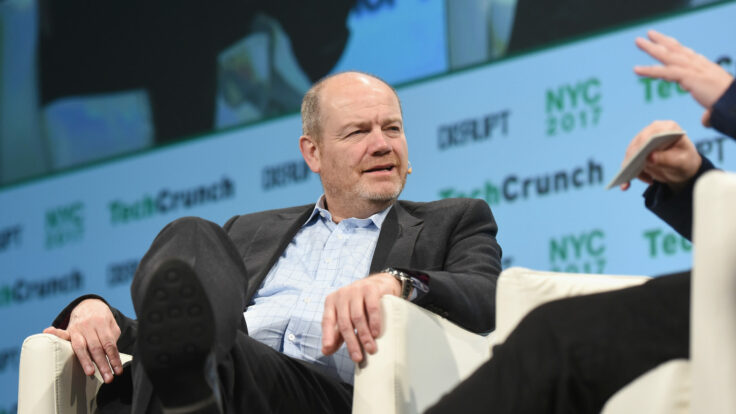|
Good evening.
Welcome back to a special Monday edition of In The Room as we uncover the latest developments in the Jeff Zucker imbroglio. Yesterday, my reporting focused on the emerging succession race to replace Zucker. Today, I’m turning my attention back to Jason Kilar, the C.E.O. of WarnerMedia, who decided to address a group of senior CNN employees via a virtual meeting on Monday morning.
As you may recall from last week, Kilar recently oversaw three pretty uncomfortable post-resignation in-person meetings with CNN staff in New York, Washington, and Atlanta. The meetings were considered genuinely disastrous. And so Kilar came back for more today.
After a series of off-the-rails newsroom conversations last week to address Jeff Zucker’s ouster, the likely outgoing WarnerMedia C.E.O. returned to the barrel today via an emotional virtual meeting with select high-level staff. Five days after Jeff Zucker‘s dramatic and still-stunning ouster from CNN, network insiders remain vexed by WarnerMedia C.E.O. Jason Kilar‘s refusal to elaborate about the circumstances that led to their former leader’s resignation. On Monday morning, Kilar held yet another Q&A session with CNN’s top producers and on-air talent in New York—this time over video conference, from his office in California, not in person, mercifully. But it went just as poorly as his in-person meetings had last week in New York, Washington, and Atlanta.
The hour-long meeting, a recording of which I obtained from a source, once again highlighted the profound sense of loyalty that CNN’s on-air talent have expressed toward Zucker and the overwhelming sense of grief that they feel in his absence, especially as they head toward the impending WarnerMedia-Discovery merger. Many spoke in grave terms, emphasizing their own grieving process, and in heavy-handed metaphors. “I think that what you’re hearing, and what we’re all experiencing, is just a huge shockwave to all of our mental health,” Alisyn Camerota, the CNN host, said during one of the most poignant moments of the meeting. “This has been incredibly destabilizing and unsettling. One of the secrets to mental health is understanding, and the way that happens is getting some answers and some closure. And we don’t have that. We don’t understand why the death penalty was necessary.” Indeed, nearly a week after Zucker’s ouster, the talent and leadership inside CNN seems as angry and confused as they were last week, if not more so. Star anchor Jake Tapper conveneved an informal wake of sorts at his D.C. home on Friday evening to allow colleagues to grieve and express their anguish among insiders. But the grieving continues—and continues, and continues. And, if Monday’s meeting was any indication, it will for some time—especially if Kilar continues to make himself into a human scream towel for aggrieved anchors to express their frustrations.
The meeting began with Kilar offering something of an opening statement, one in which he set relatively low expectations for the virtual confab. “I do consider the matter of Jeff’s resignation closed,” he said. “And I’m not going to be speaking about the details of it as a matter of policy, as a matter of longstanding policy.” Kilar also held firm to that promise throughout the meeting, but it did nothing to deflect the onslaught of questions about his decision and the criticisms of his handling of the matter.
Richard Quest, the CNN International host, notably questioned Kilar’s handling of the ouster. He described CNN as “an entire company of war pilots that you send out everyday to do battle against governments and other C.E.O.s,” and said that “when it comes to our own company, we’re going to exercise the same critical questioning.” Quest then asked Kilar if there wasn’t “a more imaginative result that would have allowed you to keep the captain instead of throwing the captain overboard while the ship is about to go through icebergs. Was it not possible to find a different solution that would have accomplished the values that you wished to attain, but at the same time didn’t leave us open to the intense and critical pressures that we’ve now received in the last week?”
Kilar handled the question calmly. “It does come back to our values and our principles,” he said. “The answer is: our values come first, and that absolutely is at the heart and soul of this, and I’ll leave it at that.”
Jim Murphy, the senior vice president of programming, wondered aloud if Zucker’s value to the company should have played into Kilar’s thinking. “I’ve been in this business for more than four decades… a big part of the shock that we’re all feeling is that, for decades, we have seen, all too often, pretty poor behavior by star managers and stars themselves on television and film, etc., who have until recently usually skated through behavioral issues.”
Murphy said he once had a conversation with Bob Iger, the legendary former C.E.O. of Disney, “about some abhorrent behavior at ABC, and his response to me when I said, ‘Well, how can people put up with these behaviors?’ was, ‘Well, they’re big earners. We protect big earners.’” Should Kilar have done the same with Zucker, he asked, “because as Dana [Bash] said in Washington, it doesn’t feel like the punishment fits the crime. That’s why I think so many of us are so stunned by how quickly and suddenly this happened, and how ungrateful it appears to Jeff after all of the great work that he did.”
“I’ll start by saying something very clearly,” Kilar said. “I don’t think we should be in the business of protecting big earners, in terms of the ABC comment that you mentioned… that’s never who I’ve seen us to be, I don’t think we should ever be that kind of a company.” (Reached for comment, Iger categorically denied making the remark attributed to him by Murphy. “I would never have said that,” he told me.)
Victor Blackwell, a CNN host, suggested that Kilar was being inconsistent since he was “discussing a personnel matter, but… shying away from elements that are uncomfortable.” As he put it: “What I’d like to know is, did you request the resignation? And was it exclusively in response to the non-disclosed relationship? I hope for an answer to those. If not, can you tell us more than, ‘’it’s a closed personnel matter.’”
“You’re going to be disappointed in my answer,” Kilar said. “I accepted Jeff’s resignation and that matter is closed… I realize that’s not what you wanted to hear, but that is my answer.”
On Sunday evening Brian Stelter began his closely-read Reliable Sources newsletter with a long, emotional mini-essay on the power and value of CNN. On Monday morning, he seemed to continue the riff by laying into the boss for limiting his meetings to senior talent. And indeed, in recent days several rank-and-file employees have reached out to me to express frustration over the fact that, while Kilar has met with CNN’s household names, he has yet to address the vast majority of CNN employees.
“I think we have to move on, and I don’t understand why you, Jason, are not helping the 4,000 employees move on,” Stelter said. “There are correspondents who weren’t even invited to this meeting, and I’m figuring out what to tell them. And there isn’t really anything to tell them, right? When are we going to move on? Where are the internal memos? Where is the all-hands meeting? Where is the global town hall? … I think we all need you to talk to the entire employee base and help them through this, because it’s been five days. And I know you’re never going to answer our questions about Jeff. We need to start talking about the future.”
Kilar said he wasn’t aware that there was a limited capacity for the meeting, but agreed that it was important to move forward. “The right next step is to proceed forward, as quickly as possible,” he replied in standard corporate prose.
Camerota’s soliloquy on the importance of mental health, and the lack of closure was one of the most powerful moments of the discussion. “We all agree there was a mistake made; Jeff acknowledged there was a mistake made. What we don’t understand and what’s affecting my mental health, personally, is the death penalty aspect of this. It’s really bewildering.” She also mentioned that she had looked at Kilar’s social media accounts recently: “On your Twitter and Instagram profile, you describe yourself as a ‘big believer in the power of innovation and empathy,” she said. “If you could just explain how empathy plays into this?”
More corporate pablum from Kilar: “I think empathy is important and I don’t think there is enough empathy in this world,” he responded. “If anyone thinks that this is easy in terms of the process that I have followed and the decisions I’ve made, I can assure you it most certainly has not been. … I believe strongly in empathy … and I do not have the ability to share with any of you any more than I have already said.”
Kilar, perhaps a tech wunderkind and technocratic genius, has a preternatural ability to say nothing, over and over again, reasonably elegantly. But he did say a few notable things during the meeting. First, he said that the impending WarnerMedia-Discovery merger “did not factor into the decision” to ask for Zucker’s resignation. Second, he refused to answer entreaties from both CNN’s Oliver Darcy and Don Lemon as to whether or not Chris Cuomo would receive any severance. There is widespread belief among Zucker loyalists that Cuomo’s effort to claw back his severance after being fired for cause is what brought about the inquiries into Zucker’s relationship with his top aide, Allison Gollust. Kilar stressed once again that he could not comment on personnel matters.
“Did you think about what message it sends to the journalists in this company, and also to the larger company, that someone can break with those journalistic standards and get paid handsomely for it,” Lemon asked. “And what is to stop the next person from doing the same thing, and possibly getting compensated for it by saying, ‘Hey I’m going to spread rumors if you don’t give me this amount of money.’”
“That’s a lot of hypotheticals,” Kilar said. Toward the end of the meeting, Kilar was asked by host Erin Burnett if he had spoken to David Zaslav, the future head of the combined WarnerMedia-Discovery business, about when he might “give us clarity” on who he would select as CNN’s next leader. Kilar said he had not, citing the regulatory restrictions on conversations between two merging parties. But he did say that when the merger closed, in the second quarter of this year, “I do believe it is in David’s best interest to act with a sense of urgency in terms of providing that visibility.”
FOUR STORIES WE’RE TALKING ABOUT
Now that Zucker is out, most people seem to think that Cuomo has lost his leverage. But the legal drama with CNN isn’t so simple.
MATTHEW BELLONI
A flurry of new lawsuits could rewrite the rules for how music streamers compensate comedians.
ERIQ GARDNER
Zuckerberg is diverting billions of dollars into the metaverse, even as Facebook’s core business begins to sour. Is it too late to turn back?
ALEX KANTROWITZ
The inside conversation on Wall Street about Warner’s CNN headache, AMC’s meme-bond offering, and Dimon’s dream job.
WILLIAM D. COHAN
You received this message because you signed up to receive emails from Puck.
Was this email forwarded to you?
Sent to
Interested in exploring our newsletter offerings?
Puck is published by Heat Media LLC.
For support, just reply to this e-mail. For brand partnerships, email ads@puck.news |











